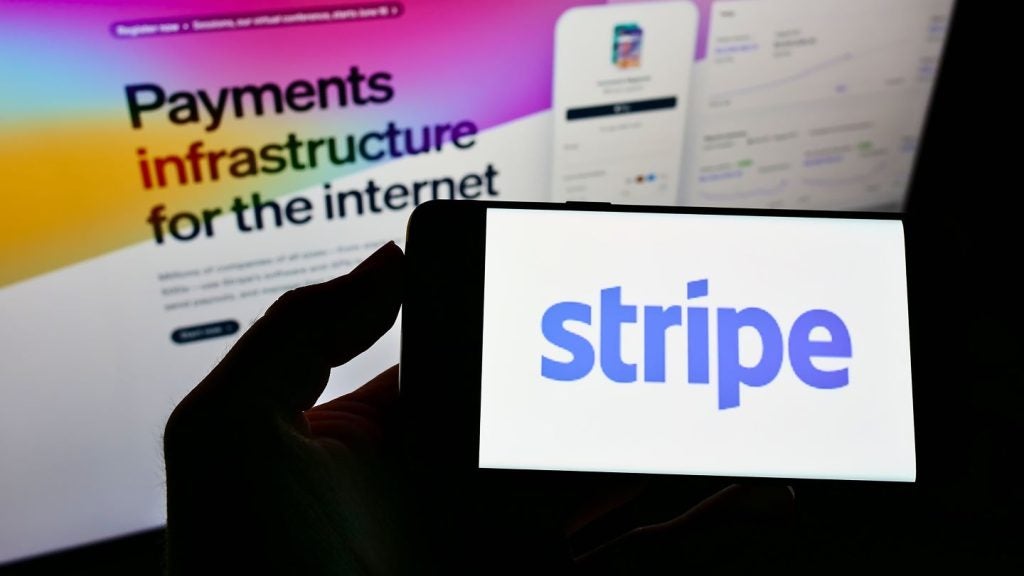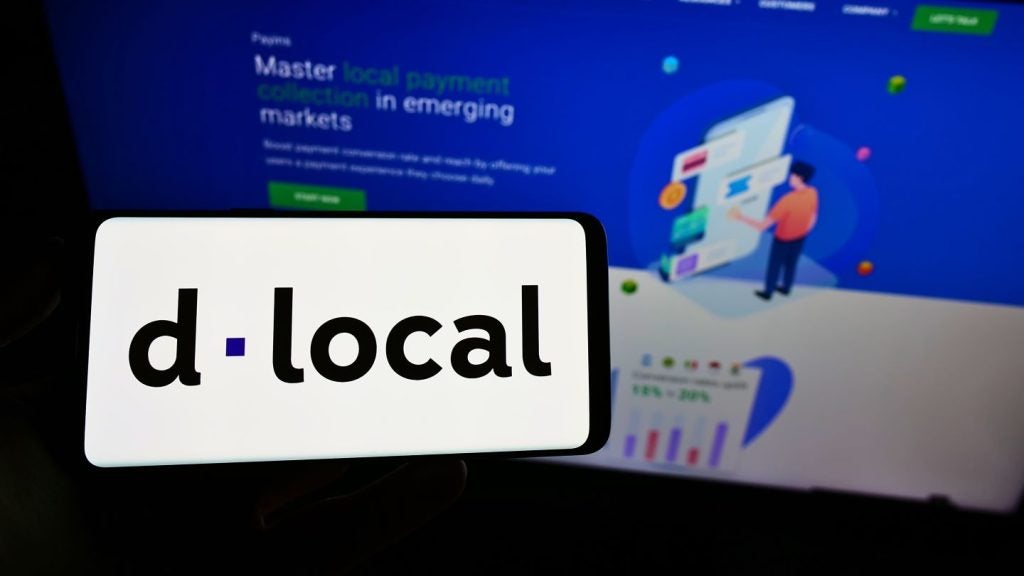While many supply chain finance providers target buyers, Syncada is looking to create ‘commercial communities’ by working with multiple SME suppliers. Zak Garner-Purkis looks at this alternative approach
Three years ago Visa took the decision to move into corporate payments, forming Syncada through a joint venture with USBank. Since then, Syncada has been faced with numerous challenges in a difficult marketplace, having to adjust its strategy for growth and expansion along the way.
The company facilitates payments between banks and suppliers using Visa’s centralised global network. And Visa’s entrance into the corporate payments market is a significant shift for a brand so associated with consumer payments.
"There is three times as much business volume in the B2B and B2Government space than there is in the actual consumer space," Kurt Schneiber, chief executive for Syncada, tells Electronic Payments International just after his presentation at SIBOS 2012 in Osaka.
"Visa saw that we are not where we need to be, we need to be moving money in the B2B space," he says.
The original deal saw Visa making a capital investment while USBank contributed its assets. Using USBank’s PowerTrack legacy payment system and its large US customer base as its foundation, the joint venture seeks to expand the service beyond its domestic market.

US Tariffs are shifting - will you react or anticipate?
Don’t let policy changes catch you off guard. Stay proactive with real-time data and expert analysis.
By GlobalDataSince its inception, however, certain aspects of the business model have changed: "At the launch of Syncada there was a sense that we would be a financial supply chain platform for large banks; but actually most large banks already have their own supply chain platforms," Schneiber explains.
This realisation led to the company deciding to build its business by targeting SMEs. "We can’t be all things to all people, we are not a big company. So we are now focusing on what we do well," the chief executive says.
Of course, most supply chains begin with a single buyer – a large corporate or government body – and extend to multiple smaller suppliers. "It is a primarily buyer-driven model, because the buyers are the ones who say ‘go get my suppliers’," Schneiber explains. "Our methodology is to bring on a number of suppliers for smaller tickets, which is an incremental add for the big banks." This,, he argues, places Syncada in a strong position to gradually build its client base.
"The best position for us is to find what I would call ‘commercial communities’, where we get overlapping suppliers’ opportunities and can bring on buyers that have suppliers in common."
The revenue streams are now clearly defined for Syncada: "We charge for the processing; we handle payments; we provide the platform for financing and we make available all this information so that the banks can automate financing". The company then takes a small percentage of the spread.
The changing regulatory landscape and general uncertainty within the banking industry presents obstacles for any company looking to do business there, and Syncada is no different: "At this stage of the game, we are selling to banks, and banks are in a difficult environment, so it is hard for them to pull the trigger on something new," says Schneiber.
Syncada works to support banks in selling services to end users – and some need more help than others – but still, uptake could be faster. "Because of the regulatory environment the decision-making process is a challenge, slower than I would like. That is the immediate challenge for us."
The company is headquartered in Minneapolis but with operations in Chicago, Memphis, Toronto, Mumbai and Singapore it is clearly seeking to grow its global footprint: "We make payments in 47 countries now, and 13 currencies, in 15/20 languages, in order to support and help suppliers."
Schneiber is confident about the future and believes that the company can exploit changing attitudes across the sector: "Most banks now talk about supply chain financing for open account transactions: it feels that there’s momentum here and we need to ride that momentum".
Related articles:








